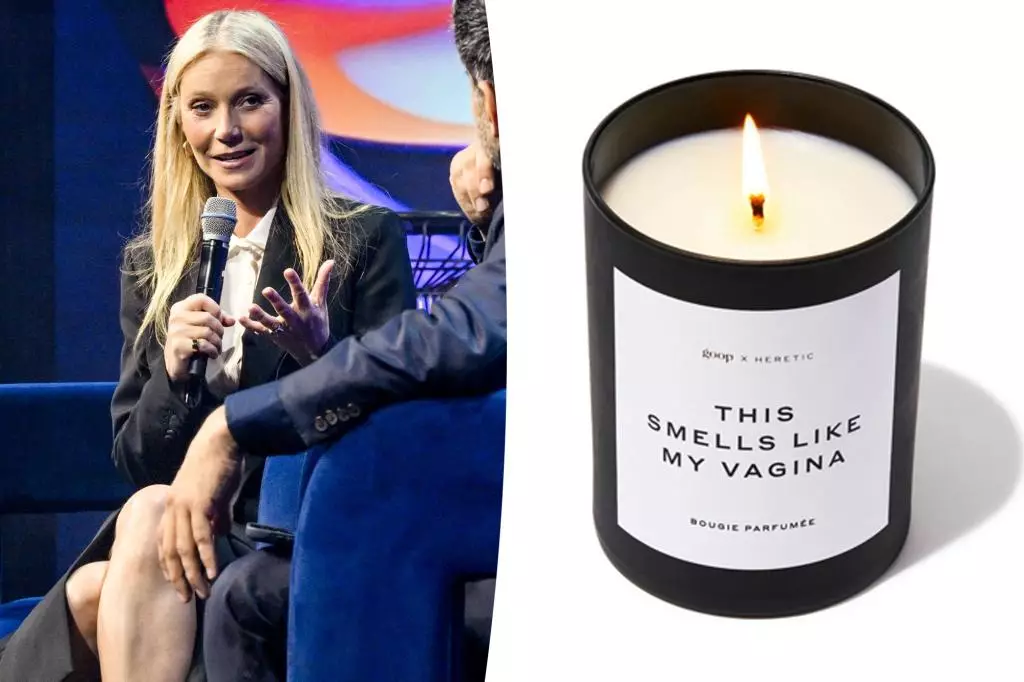Gwyneth Paltrow has made headlines yet again with her unapologetic endorsement of her infamous candle, “This Smells Like My Vagina.” During her recent appearance at the 2025 Mindvalley Manifesting Summit, Paltrow defended the unconventional product that sparked both intrigue and outrage. The inception of this candle was as whimsical as it was audacious, emerging from a lighthearted conversation with perfumer Douglas Little. What began as a cheeky joke morphed into a bold statement about female sexuality that challenged societal norms.
Paltrow’s candor illustrates a more profound conversation about how women are often conditioned to feel shame related to their bodies, particularly their sexuality. By releasing a product that named and branded this taboo, she not only sparked curiosity but also ignited a societal dialogue. This unique approach to a personal care product addresses and dismantles lingering stigmas, perhaps making it more than just a candle but rather a symbol of empowerment.
From Humor to Reputation: The Candle’s Cultural Impact
The aftermath of introducing “This Smells Like My Vagina” was not merely a sales success; it managed to “break the internet,” as Paltrow casually remarked, indicating its immediate cultural impact. Interestingly, this led to a cascade of similar products like “This Smells Like My Orgasm” and “This Smells Like My Prenup,” showing that the provocative branding resonates deeper than mere shock value. Each candle offers a blend of scents that personalizes female experience, turning a product line into something that confronts and celebrates femininity in a vivid and unapologetic way.
Furthermore, Paltrow’s decision to maintain visibility around such products speaks to a movement towards reclaiming female narratives in the age of social media. In a climate where women often struggle to define themselves beyond restrictive labels, Paltrow’s endeavors promote the idea that sexuality can be celebrated, not whispered about in shame.
Beyond Sales: A Reflection of Societal Issues
The launch of these candles inevitably engages with broader issues, such as women’s rights and body autonomy. Paltrow’s subsequent candle, “Hands Off My Vagina,” aligns with social causes, showcasing a commitment to advocacy through commerce. By donating a portion of proceeds to the ACLU Foundation’s Reproductive Freedom Project, she transcended from mere celebrity branding into a voice for girls and women across the nation.
This blending of commerce and social responsibility emphasizes that luxury items can serve ideological purposes. Paltrow’s candles are more than aromatic experiences; they symbolize a modern feminist agenda that rejects antiquated notions about women and sexuality being something to hide.
While critics may argue that the concept is gimmicky or trivializes serious issues, one cannot dismiss the amplified conversations such audacity provokes. In fostering an environment where women can speak openly and proudly about their sexuality, Paltrow’s bold business moves have opened doors to narratives that challenge traditional boundaries placed around female empowerment.


Leave a Reply